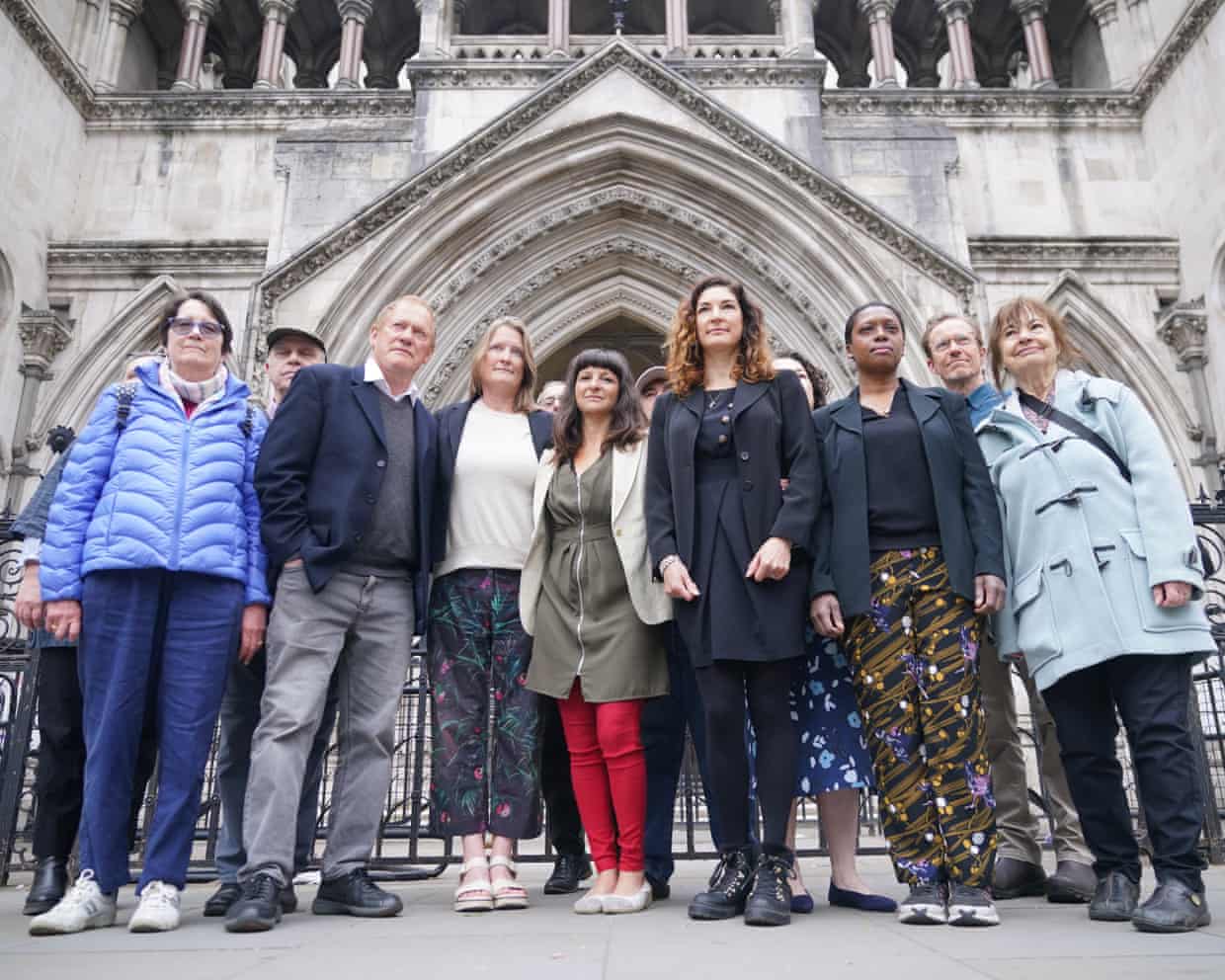An advocate has successfully contested a ruling regarding music festivals at a south London park, claiming that these events improperly restrict significant portions of the area and turn it into a “mud bath.” This legal victory may result in a ban on such events this summer.
The Protect Brockwell Park (PBP) organization, which features well-known actor Mark Rylance among its members, raised concerns about the construction of barriers in the park, as well as the noise and environmental harm caused by the festivals. This has sparked a lively discussion about the allocation of public spaces, local interests, and the role of summer cultural activities.
Rebekah Shaman, a local resident and PBP member, initiated legal proceedings against Lambeth Council, which were heard in the High Court this week. She called for a reassessment of the council’s approval for large-scale events to be held in Brockwell Park.
The court’s decision could have implications for events organized by Summer Events Limited, including Wide Awake, Mighty Hoopla, Field Day, and City Splash, all scheduled for this summer.
The case questioned whether the council’s approval of the events’ land use was appropriate. While temporary usage is permitted for 28 days per calendar year, the Brockwell Park festivals are planned to span over 37 days, starting on May 23.
Justice Mould of the High Court ruled in favor of Shaman, stating that the council’s granting of the certificate to the festival coordinators was “irrational.”
Rylance expressed his elation at the outcome: “This is fantastic news.”
In a statement from PBP, he remarked: “Fantastic news. Brockwell Park will be accessible to everyone for free this summer. No barriers. No trucks.
“The grass, trees, and plants will have a chance to rejuvenate from years of neglect.
“Let’s work together to bring back the cherished Lambeth country fair as it once was, inclusive for everyone. Kudos to all who tirelessly advocated for this decision.
“Every small win for nature counts.”
Prior to the hearing, PBP issued a statement declaring: “These large-scale, commercially-driven festivals are harming Brockwell Park’s ecology, heritage, and community value. The park is facing excessive usage while being inadequately protected.”
The group also organized protests within the park.
In written arguments, Shaman’s lawyer, Richard Harwood KC, noted that the park had recently seen an increase in large commercial events, leading to significant areas being fenced off and damage to the land.
He elaborated that due to heavy rainfall during one commercial event’s weekend, the park effectively transformed into a mud pit, referring to an occurrence in 2024.
Dubbed the “Battle for Brockwell Park,” the ruling underscored the ongoing conflict between residents for and against the festivals, which attract hundreds of thousands of visitors to the park during the summer.
“I dread the start of the park’s music festival season,” commented author Rebecca Tamás last year.
Conversely, another group, SayYesLambeth, contended that these events are vital for the cultural landscape of south London. Their slogan was: “Advocating for culture, joy, and community in Lambeth.”
Leading up to the trial, a SayYesLambeth member told Londoncentric: “Our whole scene and culture is on the verge of being erased due to complaints about noise from people living in central London.”
The group characterized the legal challenge as a confrontation between “a small but influential faction” and “the youth, renters, workers, small businesses, and creatives.”
Earlier in the session, Mould stated: “It is the responsibility of the planning authority to determine, pending the outcome of this case, the appropriate course of action.”
Mould rejected initial requests for permission to appeal from Lambeth Council and Summer Events Limited, although they have the option to seek permission directly from the Court of Appeal to contest the ruling.
A spokesperson for Lambeth Council stated on Friday: “We are currently evaluating the implications of this ruling and determining the next steps.”

